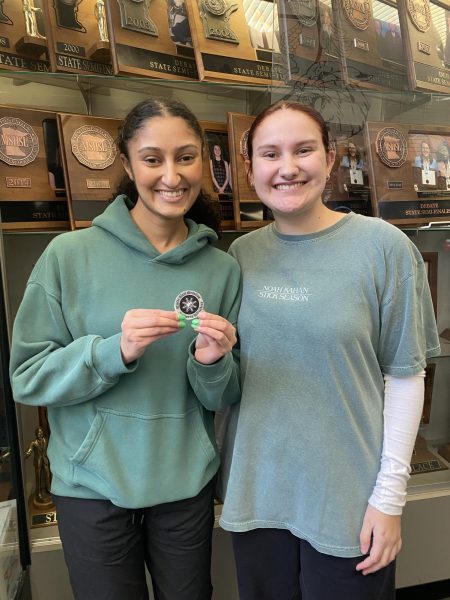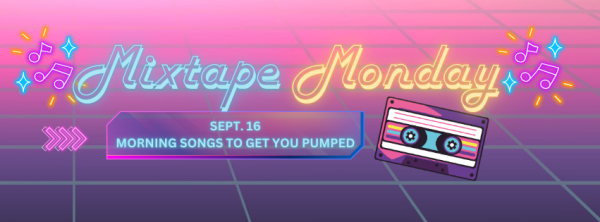10 Studying Life Hacks
November 6, 2016
1. Study less, but study better: Work hard for one 25-minute session, then take a 5-minute break. Take a 20-minute break every three work sessions.
2. Study your notes as soon as possible: Try studying your notes within one day of taking them. The retention rate is 60% higher according to a Pinterest post online. Don’t procrastinate until the day before the test!
3. Write notes in the margins instead of highlighting: Highlighting can be a great study tool, but it can also lead you to easily zone out and forget almost everything you just read. Writing your thoughts, notes, and questions down in the margins is a much better idea since you are actively engaging with the text.
4. Take notes by hand: Research shows that there are many benefits to taking notes by hand rather than typing them. Taking notes by hand is much slower, but it also allows you to process the information and selectively write down the most significant points, which will greatly benefit you in the long run. Writing something down is also the equivalent of reading it seven times. Also, people who type their notes are likely to get distracted by Facebook or some other social media site.
5. Study by saying something out loud: According to Achievers Daily, you are 50% more likely to remember something if you say it out loud versus reading it over and over again.
6. Study with friends: Ask your friends to quiz you, and then return the favor. Try explaining a difficult concept to your friends. You will be forced to clearly express your understanding. If you find yourself getting lost in the explanation, you should go back and review more.
7. Write down your worries: It’s been proven that writing down your concerns before a test will actually lead you to see a boost in your scores. It’s also very therapeutic.
8. Use scholar.google.com: To search information for school essays and projects, use scholar.google.com instead of google.com. There will be more credible websites and relevant information.
9. Read effectively: Try to read everything. However, if you are really short on time, remember that it is better to have a deep understanding of some material rather than a rough understanding of everything. If you don’t have time to read everything, read the introduction and conclusion of every chapter first. The topic sentences of every paragraph are also worth noting. Ask yourself what the author’s main argument is and how they go about proving that.
10. Do a little every day and give yourself incentive: Study every day, but don’t spend your whole day studying. Tell yourself that you will finish these problems in one hour, and try your best to do that without any distractions. Reward yourself when you are done. Don’t spend the whole day before your exam studying, only to find out at the end of the day that you remember almost nothing at all.







